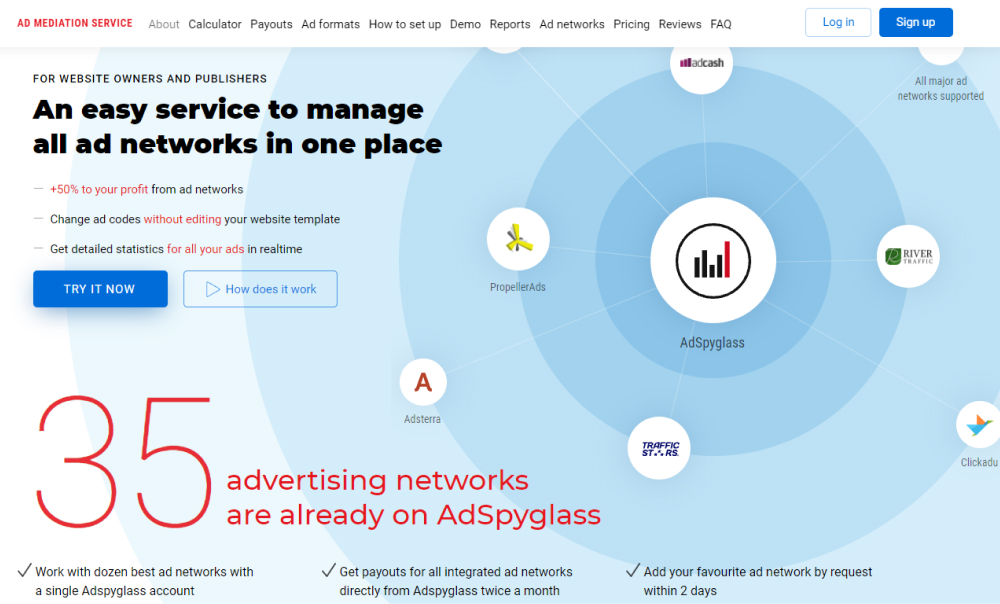API or application programming interface that allows software products to exchange data with each other. One product requests data or functionality, API carries this request to the other, the second product performs the request and sends the result back to API and API carries it to the primary product.
Types of APIs can be classified by availability and by use cases.
API Types by Availability
Private APIs: private APIs are used by companies to improve their products. Even though users can use the benefits of the integration, they can never get a hand on that API.
Partner APIs: companies have to sign an agreement before using the API as well. However, they are allowed to promote this integration. The party that gave the API usually receives a small part of the overall product revenue.
Public APIs: open APIs are available to everyone, no agreement signing is needed. They can be either paid or free.
API Types by Use Case
Database APIs: This type was designed for the exchange of information between an application and a database.
Operating system APIs: This type ensures communication between the application and operating system, its resources, and services.
Remote APIs: Remote APIs connect two applications that run on different machines. It mostly happens through the Internet.
Web APIs: Web APIs connect two web-based systems and enable data and functionality transfer between them.
